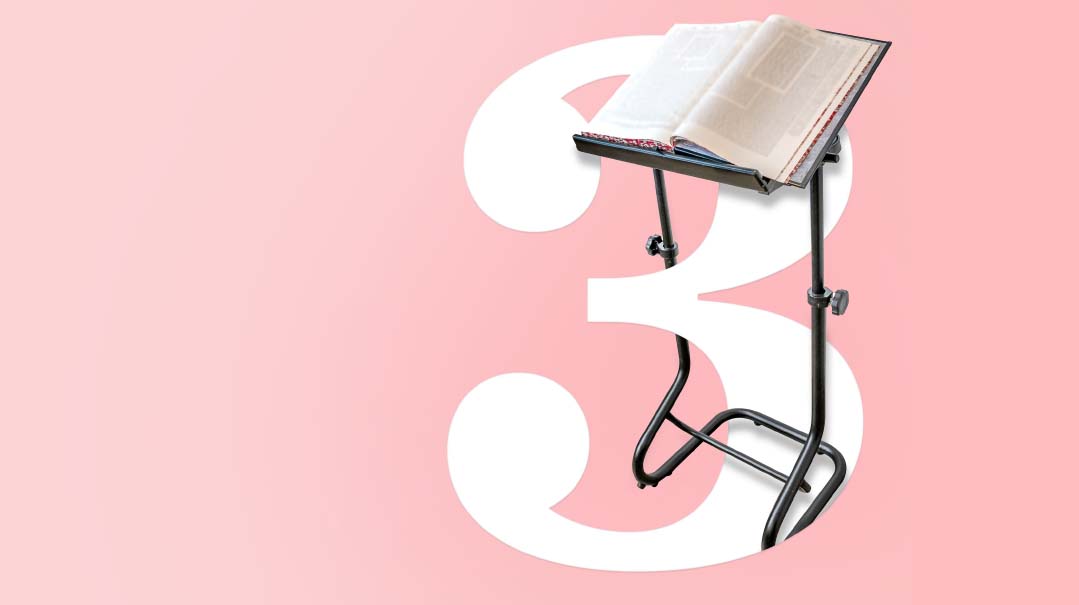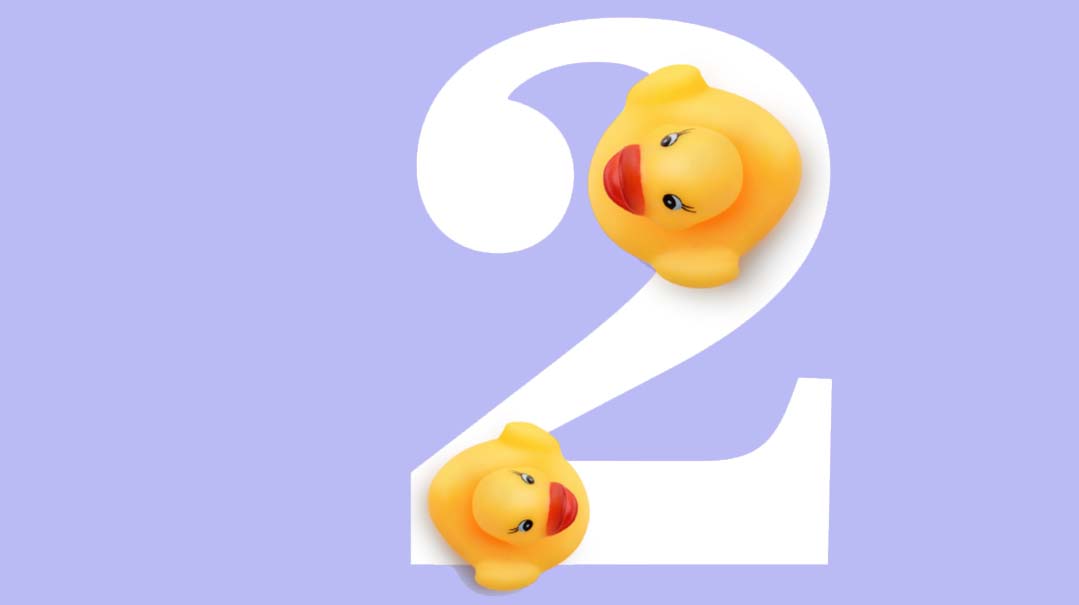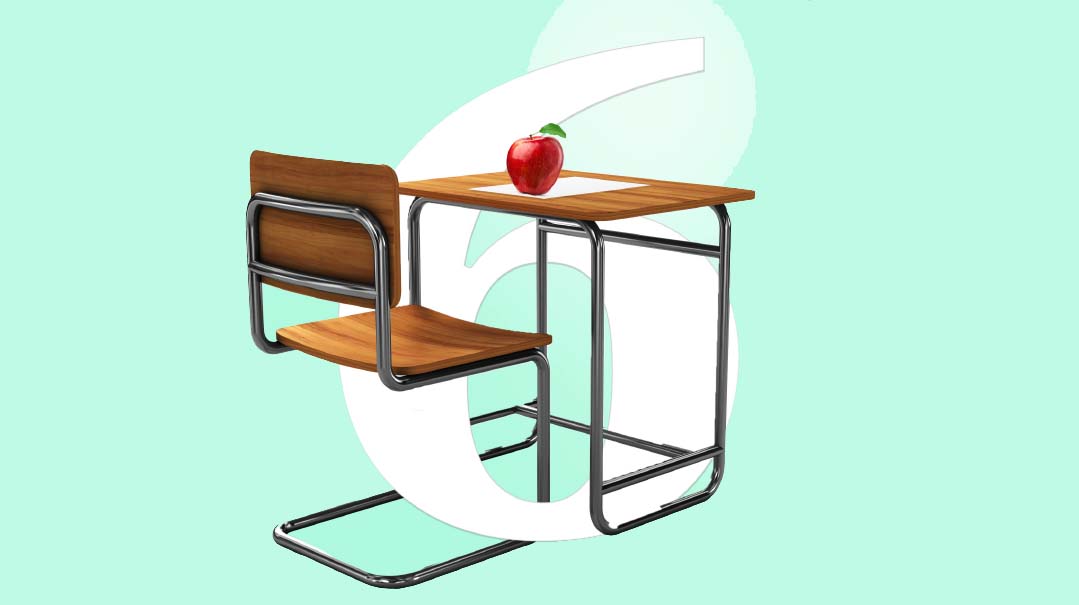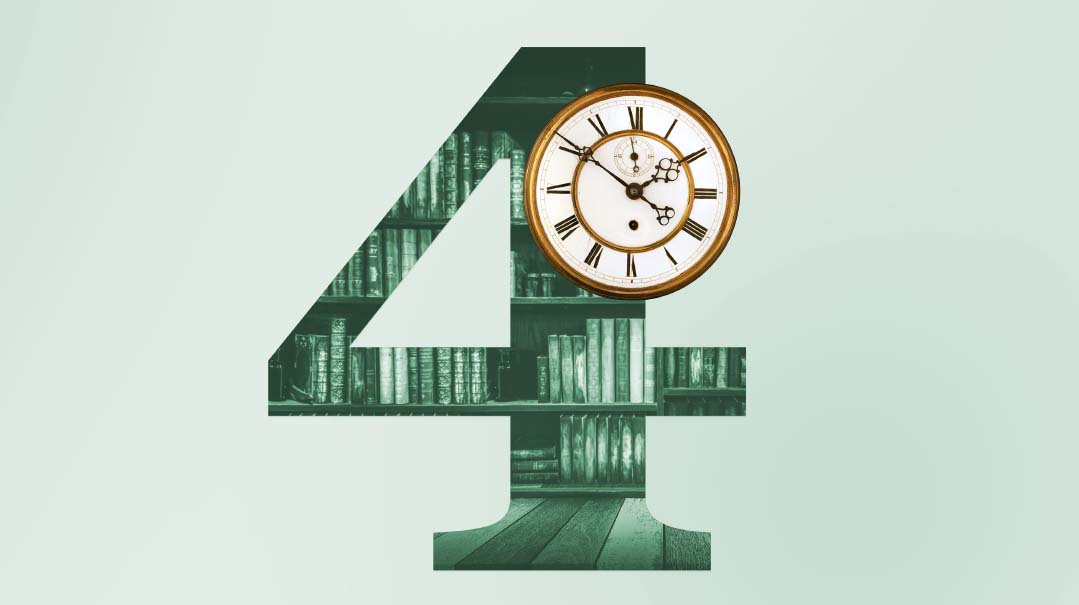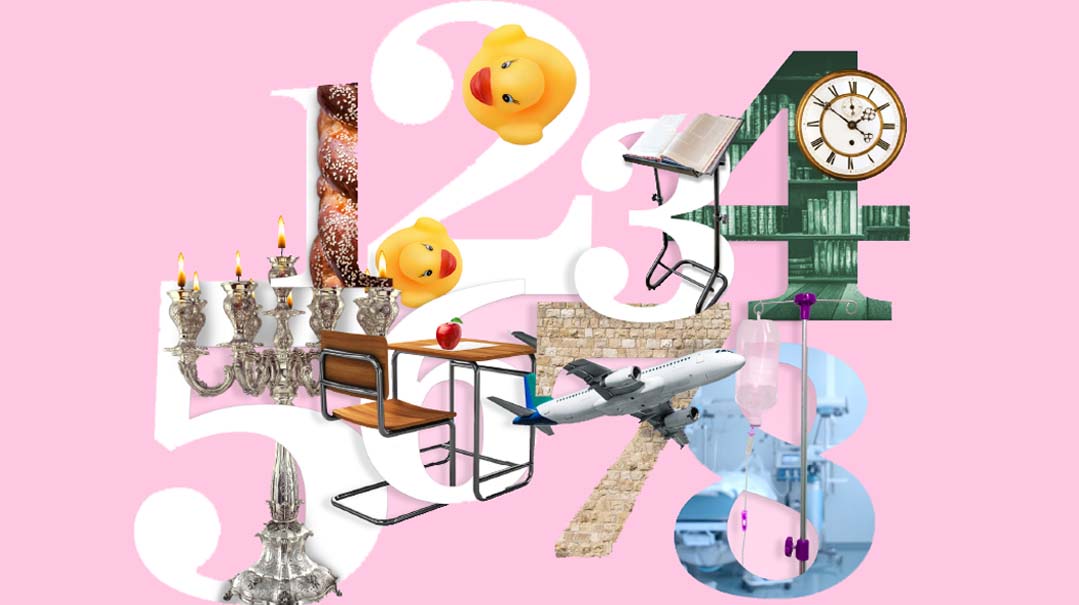Eight Days in the ICU
| November 23, 2021His pain was great, but his emunah was even greater
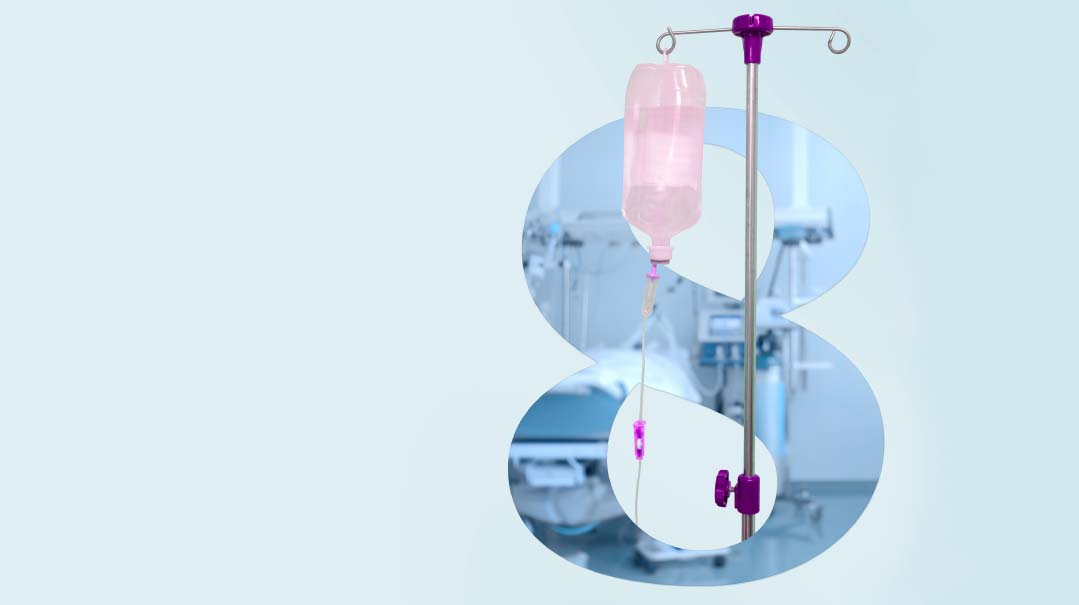
The knock on the door immediately after Havdalah came as a complete surprise. Our family had just spent a beautiful Shabbos in Raanana with a family friend, and my husband, Rabbi Gavriel “Rav Gav” Friedman, had served as scholar-in-residence at a shul across town.
During his last shiur toward the end of Shabbos, he was suddenly bombarded with a constellation of intense symptoms he had never felt before in his life: vicious shaking, a splitting headache, high fever. He pushed through the symptoms, continued his shiur, and almost collapsed as he finished.
A kind congregant drove him back to our host family. When I opened the door and the man told me, “your husband is in the car and is really not feeling well,” I thought he was joking.
But the doctor who was quickly summoned knew this wasn’t a joke. “Go straight to the closest emergency room,” he said. “I think your husband has meningitis.”
We spent a few hours in that emergency room, and all the while I had a very strong feeling that we needed to get back to our home in Jerusalem. It was mere days until Rosh Hashanah, and we were scheduled to fly out to the States a few days later, where my husband was set to speak in San Diego for Yom Tov. I had no idea what was wrong, but something was telling me that this was not the right place for him — that we had to get back home, where there was a hospital just 30 seconds away.
After a bag of saline and possibly some medicine, his fever came down. He was discharged with a diagnosis of heatstroke. At 2 a.m. we returned to our host, where I packed up our stuff and loaded my sleeping children into the car. Fighting exhaustion, I drove home, blasting some Yaakov Shwekey songs, while my husband and children slept.
Baruch Hashem, that night, my husband slept. He seemed okay, and I hoped the story was over.
The next morning, as I was driving home after school drop-offs, my husband called me. “I’m shaking again,” he said. “Something’s really wrong.”
I would learn shortly that this was called rigors. I immediately rushed him to the ER at Hadassah Har Hatzofim, made arrangements for a friend to meet me there and take my infant son, and watched as the doctors put my husband on a gurney while they simultaneously tried to keep him conscious and check his vitals.
And that’s how he began what he calls “an eight-day all-expenses paid vacation to the ICU.”
Honestly, this was anything but an eight-day vacation. This was eight days of invasive medical tests. Eight days of excruciating pain. Eight days of blood tests, multiple daily blood cultures, CT scans, lumbar punctures, heart monitors, strong antibiotics, and pain killers.
For me, it was eight days of advocating for my husband, meeting with specialists, many ups and downs, and fielding lots of questions and rumors.
On our second day in the hospital, we got our diagnosis. My husband was in septic shock, a potentially life-threatening condition caused by bacterial infection. An ECG revealed bradycardia, a slower-than-normal heart rate. His was frighteningly slow.
I kissed our trip to San Diego goodbye, cancelled the Amazon orders I’d anticipated receiving in the US, and mustered up all the energy that I could to take care of my kids with some semblance of normalcy, take care of my husband to the best of my ability, and prepare to get through what was to be a very memorable Rosh Hashanah.
For many years, I have listened and watched as my husband gave shiur after shiur about emunah to the masses. I was privileged to witness him practice what he preached.
During those eight days, his pain was great, but his emunah was even greater. He verbally thanked Hashem for the painful nisayon that he was going through. He accepted it with complete love. I spent eight days watching my incredible kids handle the entire ordeal with such grace and acceptance, gathering every bit of emunah they had cultivated at their young age to deal with this test.
And me? I learned that Hashem is always with me. Hashem carried me on his shoulders throughout the entire ordeal. He gave me strength I didn’t know I had. To this day, I have no idea how I managed while being stretched so thin.
And then, just like that, yeshuas Hashem ke’heref ayin, a miracle occurred on the eighth day! My husband was ready to go home!
Eight dark days, and then we saw the light. Over those eight days, we all changed. We grew. We appreciated. We learned not to sweat the small stuff. Well, maybe four years later I’m back to sweating the small stuff, but the lessons I learned are always with me. Since those eight days in the ICU, our family has gone through other medical ordeals, but those eight days taught me that Hashem is always holding our hands, fortifying us with the strength to weather every storm that comes.
Tamara Friedman, wife of “Rav Gav” Friedman, lives in Jerusalem where she runs a taxi service, cleaning service, restaurant and laundromat. She tries to be a photographer on the side, in her spare time.
(Originally featured in Mishpacha, Issue 887)
Oops! We could not locate your form.
